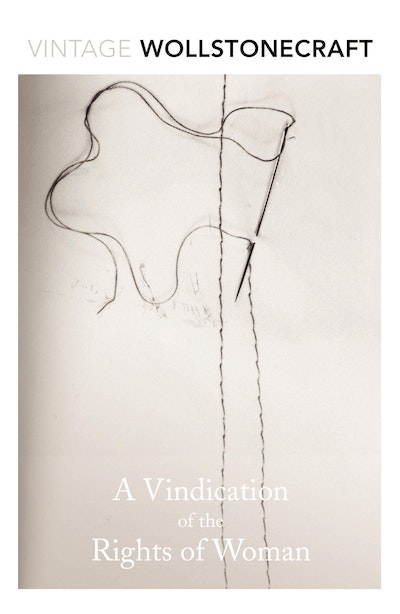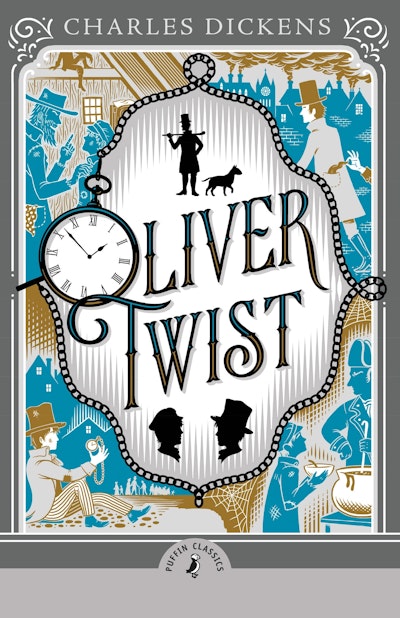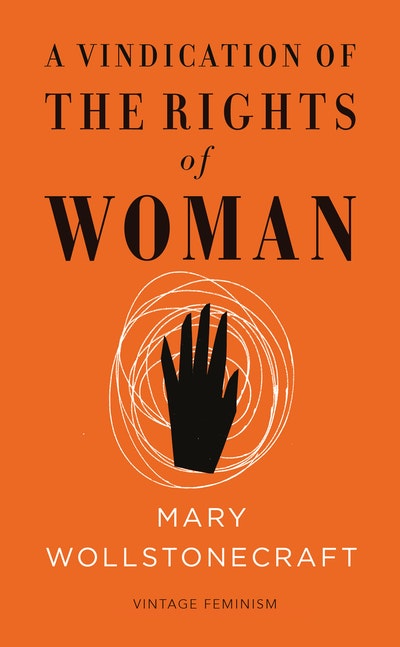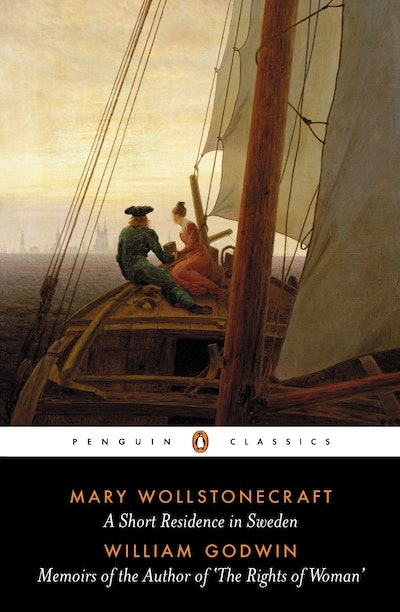- Published: 2 March 2015
- ISBN: 9780099595823
- Imprint: Vintage Classics
- Format: Paperback
- Pages: 304
- RRP: $24.99
A Vindication of the Rights of Woman
A key work of proto-feminism, Mary Wollstonecraft's readable and impassioned argument is as relevant today as it was 200 years ago.
A key work of proto-feminism, Mary Wollstonecraft's readable and impassioned argument is as relevant today as it was two hundred years ago.
Before the concept of equality between the sexes was even conceived, Wollstonecraft wrote this book, a treatise of proto-feminism that was as powerful and original then as it is now. In it she argues with clarity and originality for the rational education of women and for an increased female contribution to society. It was a cry for justice from a woman with no power other than her pen and it put in motion a drive towards greater equality between men and women, a movement which continues to this day.
‘The first great piece of feminist writing’ Independent
- Published: 2 March 2015
- ISBN: 9780099595823
- Imprint: Vintage Classics
- Format: Paperback
- Pages: 304
- RRP: $24.99
Other books in the series
About the author
Related titles
Praise for A Vindication of the Rights of Woman
Mary Wollstonecraft's words ring as true today - and are as little heeded by government - as when she wrote them, 200 years ago, in her A Vindication of the Rights of Woman
Guardian
The first pebble in the later avalanche of the women's rights movement
Melvyn Bragg, Guardian
A book that was bold in its time and is now considered the notable forerunner of the women's movement
New York Times
The first great piece of feminist writing
Independent
Changed the world for generations of women to come
Sunday Times
A radical, rationalist and revolutionary, Wollstonecraft combined faith in both reason and emotion in her seminal work, A Vindication of the Rights of Woman
Sunday Times
Her voice is as fresh and as urgent as ever
Bee Rowlatt, Telegraph
A classic of post-revolutionary thought, shaped by the Enlightenment, Wollstonecraft’s Vindication changed life for women the world over
Guardian
You’ll still find, articulated in thrilling clarity, the essence of Wollstonecraft’s argument for the education of women, and for an increased female participation in everyday society… A classic of post-revolutionary thought, shaped by the Enlightenment, Wollstonecraft’s Vindication changed life for women the world over.
Robert McCrmum, Guardian



































































































































































































































































































































































































































































































































































































































































































































































































































